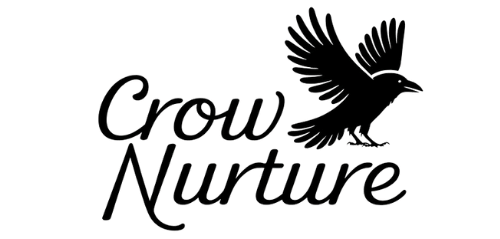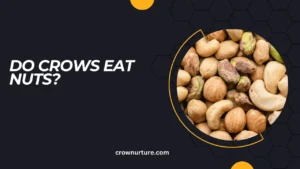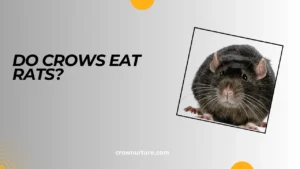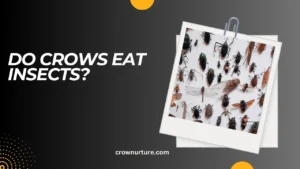Crows are fascinating creatures, known for their sharp intelligence and ability to thrive in diverse environments. One of their lesser-known talents lies in their foraging habits, particularly their relationship with acorns.
As seasons change and food sources dwindle, crows turn to acorns as a vital resource, showcasing their adaptability and survival skills.
But why do crows eat acorns, and what makes this food so important to them? Beyond being a convenient snack, acorns play a crucial role in the diet of crows, especially during autumn and winter.
These tiny nuts provide a rich source of energy, supporting crows when other options are scarce. Exploring the connection between crows and acorns reveals not only their dietary habits but also their contributions to the ecosystem.
From aiding in oak forest regeneration to competing with other wildlife for food, the story of crows and acorns is as intriguing as the birds themselves. Let’s dive into the details of how acorns shape the lives of crows and their environment.
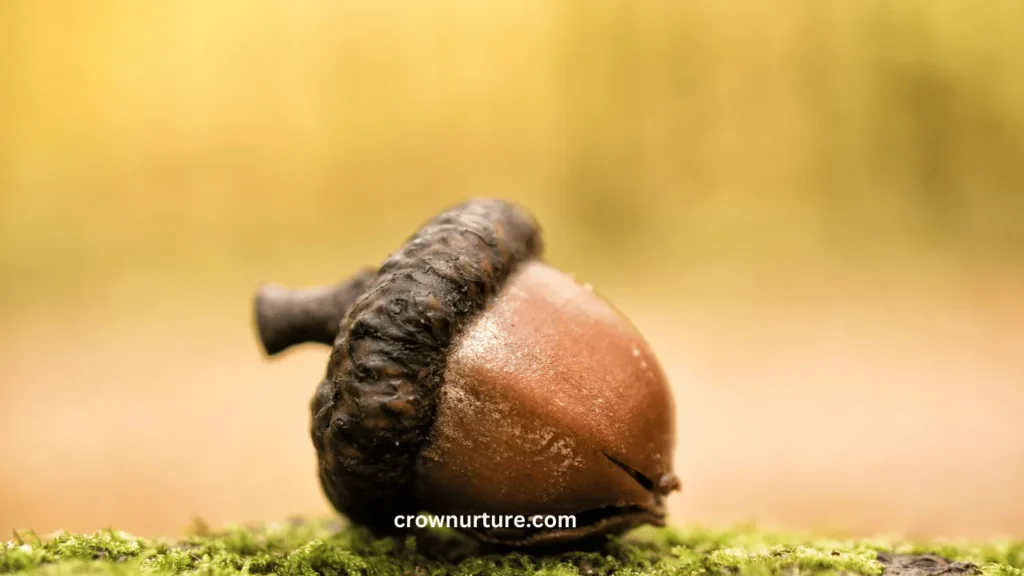
Contents
1. The Crow’s Diet: A Diverse Palette
Crows are omnivores, which means their diet includes a wide variety of food. From insects, carrion, and small animals to fruits, grains, and seeds, their dietary diversity is impressive.
Insects play a critical role, especially during the breeding season, providing protein for growing chicks. Meanwhile, fruits and berries offer vitamins, and grains serve as a year-round energy source.
This broad diet showcases crows’ adaptability, but as winter approaches and natural options diminish, they rely heavily on nuts like acorns, which become an essential part of their menu.
2. Acorns: A Valuable Food Source
Acorns are a powerhouse of nutrition, rich in carbohydrates and fats that supply crows with the energy needed to endure colder months. Their high-calorie content makes them a perfect winter snack.
Acorns are most abundant in autumn, when oak trees shed their seeds, providing crows with an easily accessible food source. These nuts help bridge the nutritional gap during winter when other foods are scarce.
This seasonal reliance on acorns demonstrates how nature’s cycles influence crow behavior, emphasizing the importance of acorns as a survival tool.
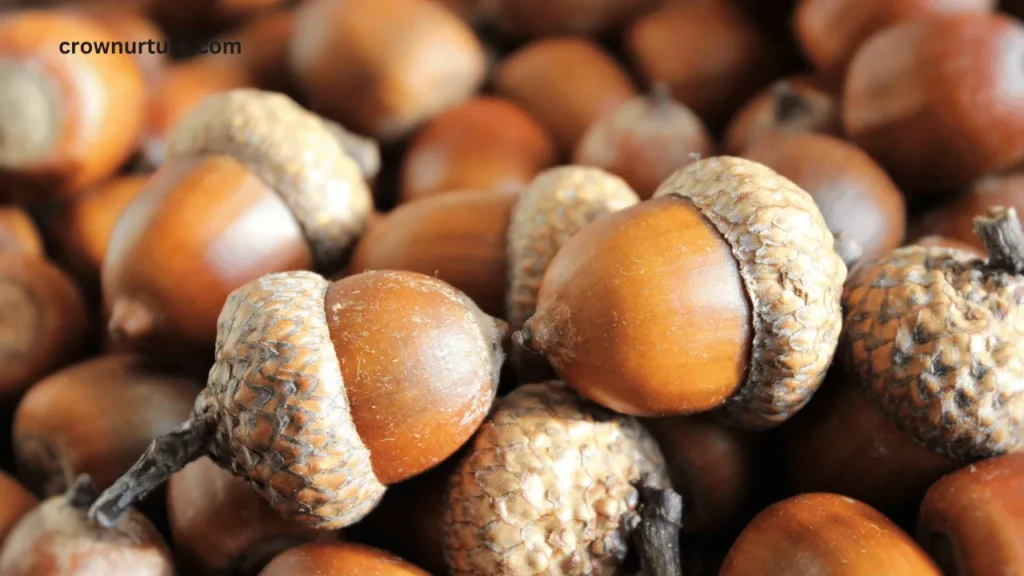
3. Crow Foraging Behavior
Crows are skilled foragers and are known for their caching behavior, where they store food for future use. This behavior is particularly evident with acorns.
They hide acorns in various places, such as soil, tree crevices, and under rocks. Their remarkable memory skills allow them to locate these hidden caches even weeks later.
This caching not only ensures food security for crows but also plays a role in spreading acorns, inadvertently aiding in oak tree growth and forest regeneration.
4. The Impact of Acorn Abundance
The availability of acorns has a direct impact on crow populations. In years of abundant acorn harvests, crows experience higher survival and breeding success rates.
However, acorn abundance also leads to competition with other animals, such as squirrels, deer, and even jays. This competition highlights the interconnectedness of wildlife ecosystems.
Understanding these dynamics offers insight into how natural resources shape the behaviors and survival of multiple species, including crows.
5. Ecological Implications
Crows play a role in seed dispersal through their caching activities. Some acorns that remain uneaten eventually sprout into young oak trees, contributing to forest growth.
By consuming and spreading acorns, crows help maintain the ecosystem balance, supporting biodiversity within oak forests. Their role as both consumers and dispersers highlights their ecological significance.
This interaction between crows and oak trees is a testament to the complex and mutually beneficial relationships that exist in nature.
Conclusion
Crows eating acorns is more than just a dietary habit—it’s a reflection of their adaptability and their essential role in the ecosystem. Acorns provide the energy and nutrients crows need to survive harsh winters while influencing their population dynamics and foraging behaviors.
By caching acorns, crows not only secure their own food supply but also contribute to oak forest regeneration and ecological balance. Their relationship with acorns demonstrates the interconnectedness of wildlife and their environment.
Appreciating the intelligence and adaptability of crows offers a deeper understanding of how even small actions, like eating an acorn, can shape ecosystems. As we observe these clever birds, let’s remember the vital roles they play in maintaining the natural world.
FAQs
- Do crows eat acorns year-round?
Crows eat acorns primarily in autumn and winter when they are most abundant. They rely less on acorns during other seasons. - Are acorns safe for crows to eat?
Yes, acorns are safe and highly nutritious for crows, providing essential fats and carbohydrates. - How do crows find their cached acorns?
Crows have excellent memory skills, enabling them to recall the locations of their cached acorns even weeks later. - Do other animals compete with crows for acorns?
Yes, animals like squirrels, deer, and jays also rely on acorns, leading to competition for this valuable resource. - Do crows help oak trees by eating acorns?
Yes, crows assist in seed dispersal by caching acorns. Uneaten acorns may grow into new oak trees, supporting forest regeneration. - What happens if there’s a poor acorn harvest?
A poor acorn harvest can lead to food scarcity for crows and other wildlife, impacting their survival and reproduction rates.
